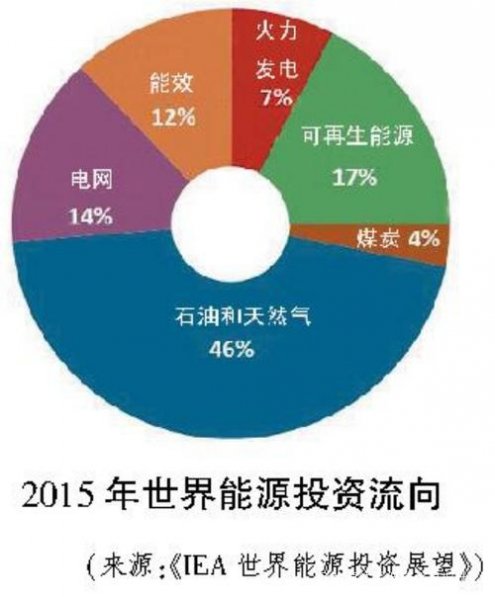请问能源体系低碳化是指什么?能源体系的构成
请问能源体系低碳化是指什么?能源体系的构成要素「一定记住」
最近有很多热心网友都十分关心请问能源体系低碳化是指什么?能源体系的构成要素「一定记住」这个问题。还有一部分人想了解能源体系的构成要素。对此,和记百科小编「繁华未曾见」收集了相关的教程,希望能给你带来帮助。
能源体系低碳化是指什么

能源体系低碳化是指降低能源体系中碳的含量及开发利用产生的碳排放。要发展对环境、气候影响较小的低碳替代能源。低碳清洁能源主要有两大类:一类是清洁能源,如核电、天然气等;一类是可再生能源,如风能、太阳能、生物质能等。核能作为新型能源,具有高效、无污染等特点,是一种清洁优质的能源。天然气是低碳能源,燃烧后无废渣、废水产生,具有使用安全、热值高、洁净等优势。
可再生能源含义:
是可以永续利用的能源资源,对环境的污染和温室气体排放远低于化石能源,甚至可以实现零排放。特别是利用风能和太阳能发电,完全没有碳排放。利用生物质能源中的秸秆燃料发电,农作物可以重新吸收碳排放,具有碳中和效应。
能源体系的构成要素
风险承受能力,从低到高分别A1(谨慎型)、A2(稳健型)、A3(平衡型)、A4(进取型)、A5(激进型)。与风险承受能力对应的产品风险等级是R1(谨慎型)、R2(稳健型)、R3(平衡型)、R4(进取型)、R5(激进型)。用户只能购买与自己风险等级一样或低于自己风险等级的产品。
【英文介绍/For English】:
The decarbonization of the energy system refers to reducing the carbon content in the energy system and the carbon emissions from development and utilization. It is necessary to develop low-carbon alternative energy sources with less impact on the environment and climate. There are two main types of low-carbon and clean energy: one is clean energy, such as nuclear power, natural gas, etc.; the other is renewable energy, such as wind energy, solar energy, biomass energy, etc. As a new type of energy, nuclear energy has the characteristics of high efficiency and no pollution, and is a kind of clean and high-quality energy. Natural gas is a low-carbon energy source. No waste residue or waste water is produced after combustion. It has the advantages of safe use, high calorific value, and cleanliness.
Renewable energy meaning:
It is an energy resource that can be used sustainably, and its pollution to the environment and greenhouse gas emissions is far lower than that of fossil energy, and even zero emissions can be achieved. In particular, the use of wind and solar power is completely free of carbon emissions. Using straw fuel in biomass energy to generate electricity, crops can reabsorb carbon emissions and have a carbon neutral effect.
【相关文章】
★ 种植花椒的条件






